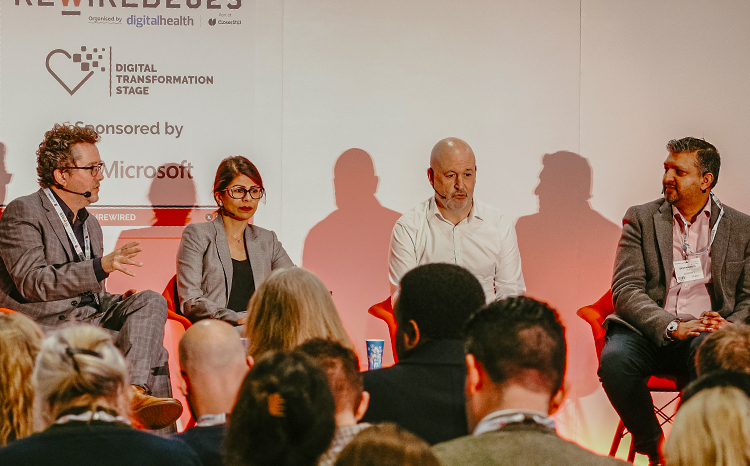Cameron says NHS IT must be local
- 3 January 2008
Conservative party leader David Cameron has attacked the NHS IT programme and called for local ownership and innovation.
In a keynote speech at Trafford General Hospital to mark the 60th anniversary of the NHS, the opposition leader called for local NHS organisations to be allowed to innovate.
He singled out the IT team at Trafford NHS Trust for praise after they won a BT e-Health Insider Award last year for their web-based blood tracking system.
He described the troubled centralised NHS IT project as symptomatic of Labour’s wider failure to deliver modernisation of the health service, saying ministers and civil servants had fallen for the overblown promises of consultants and IT firms.
“I’ve said before that in their drive to ‘modernise’ the NHS, Labour haven’t improved it, so much as ripped out its heart and installed a malfunctioning computer instead.”
Cameron’s attack on the NHS IT programme follows the criticism by shadow health secretary Andrew Lansley on 24 December of the national patient record database [summary care record].
He said the system should be replaced by “storage on local servers with interoperability between them”.
Cameron accused the government of naïveté in uncritically accepting the promises of big IT firms on how they could fix the NHS. “It’s one of the most shameful and disgraceful aspects of Labour’s record: the way they fall for the sales patter of the management consultants and the big IT firms, who make them think they can cut corners to success.”
The opposition leader said those running the health service had placed too much faith in the unproven schemes sold to them: “The NHS is suffering from the shoddy jargon-ridden schemes served up on PowerPoint and swallowed whole by the people who are supposed to be custodians of the health service and custodians of taxpayers’ money.
He concluded: “The NHS is suffering from the hopeless gullibility of Labour ministers.”
Cameron went on to say that the health service had to move from monolithic, centralised structures, to decentralised, open systems, where knowledge and power are diffused and democratised. “Instead of the national mainframe, we are entering the age of the local network. This applies especially to health and healthcare.”
In the wake of the lost child benefit data by HMRC Cameron said centralised government IT systems have been shown to be risky, “Surely recent events have shown how dangerous government IT systems are – just think of the potential for disaster when everyone’s health records are stored centrally.”
Instead he argued the case for decentralised, networked systems, based on common interoperability standards, which give patients control over access to their electronic record. “Of course we need different NHS professionals to be able to access medical records. But those records should be owned by the patient, and stored locally, under the control and protection of his GP. We need local servers with interoperability.”
Cameron said that the IT team at Trafford NHS Trust had shown the benefits of unleashing local innovation. “In this context let me congratulate the IT team at Trafford NHS Trust – they recently won an ‘e-health’ award from BT for the system they developed to track donated blood from donor to recipient. That’s the sort of thing local specialists can do – why on earth do ministers and civil servants think they can do better?
He said the NHS needed to seize the opportunities of the network economy to enable people to take greater control of their health and well-being. He illustrated the point by contrasting the traditional model of medical knowledge being stored in “the great teaching hospitals”, to today’s reality where Google makes available far more medical knowledge available to individuals than any individual clinician could know.
In addition, he said with the rise of social networking and Web 2.0 technologies medical knowledge is being created by patients themselves. “The experiences of patients can be distributed horizontally, from patient to patient, through online networks, rather than vertically as before through doctors and hospitals.”
He related his own experience as the father of an ill child, searching Google for information on their treatment. “You join the international support group. You pick up ideas about drugs and treatments. All too often you then bombard your doctor with questions about these things – but often these are the right questions to ask and sometimes you might even pick up an idea before they do.”
“And it’s this horizontal diffusion of knowledge that makes me so confident we can do better than the Government’s proposal for a vast, centralised, NHS database.”`
Link
Opposition calls for rethink on data storage





